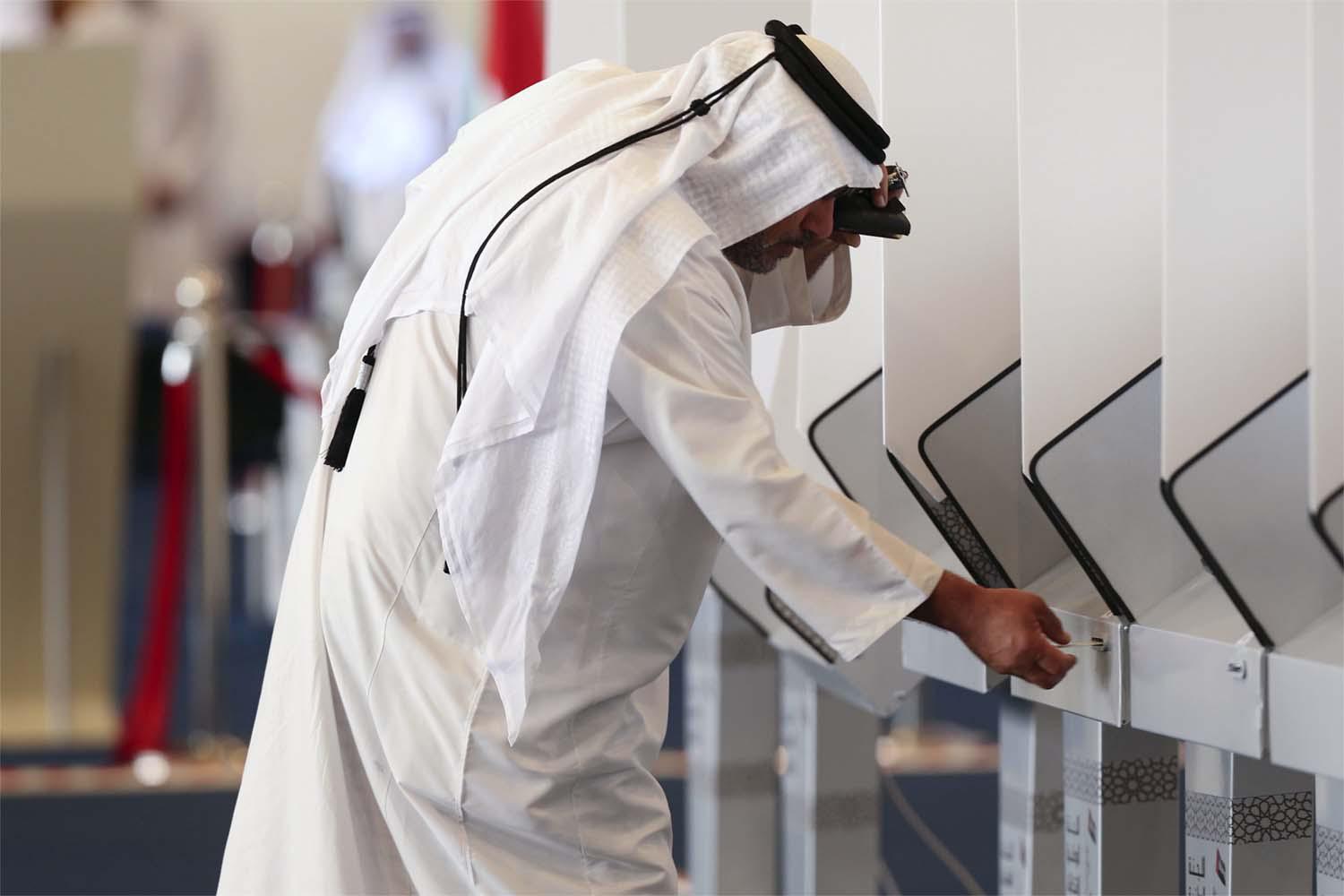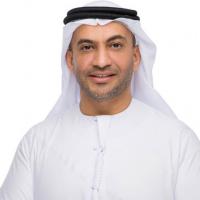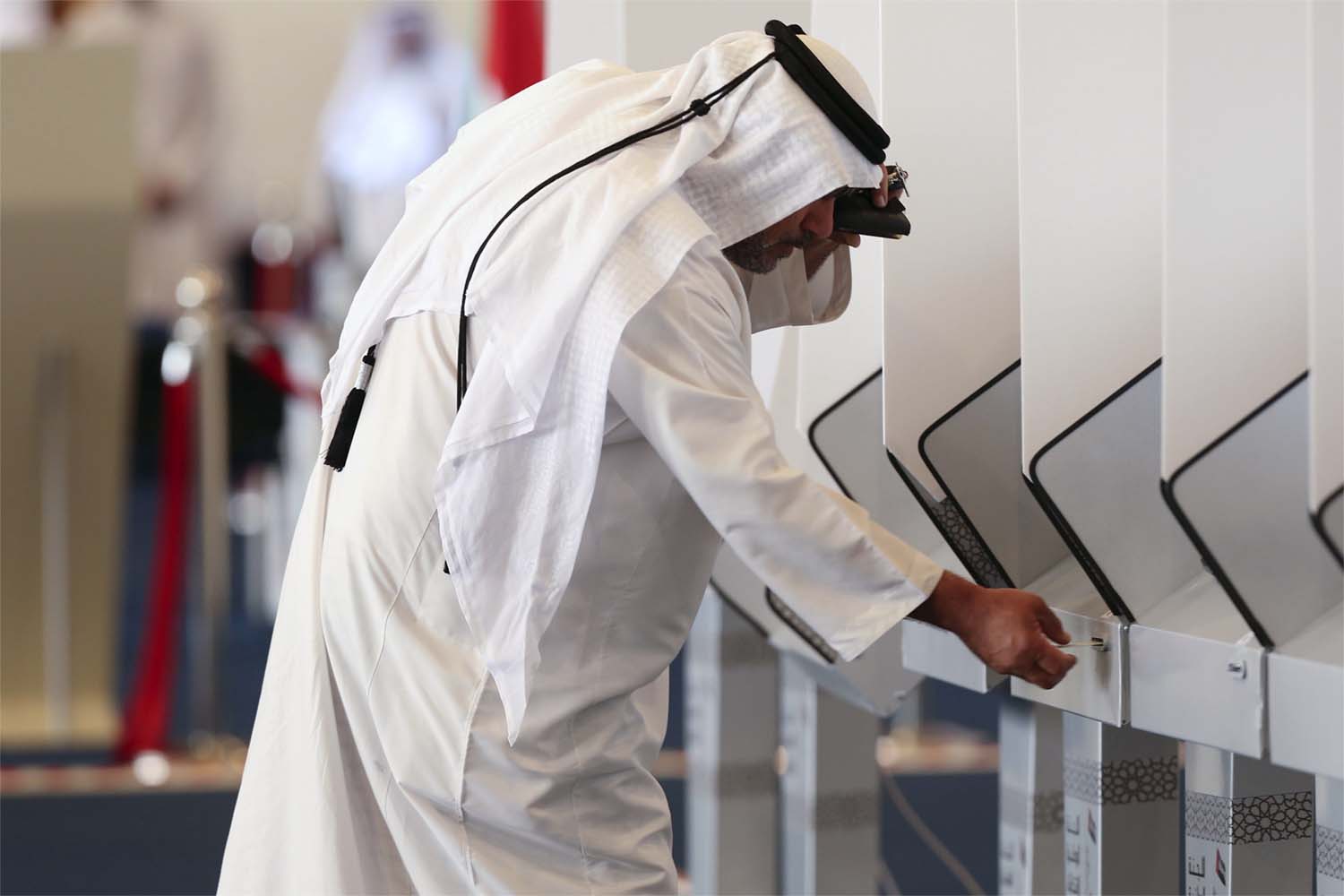Continuity and development in the Emirati Shura approach
The UAE’s development journey stands out for some unique traits, with continuity and development taking the lead. These two aspects ensure that every progressive experience helps build up expert knowledge and reach ambitious goals.
One of the pivotal milestones in the UAE’s developmental path is the Federal National Council’s election. Currently, preparations for its fifth cycle are underway, marking the first cycle to occur during the reign of Sheikh Mohamed bin Zayed Al Nahyan, the President of the State. The National Election Committee recently disclosed the timetable for the electoral procedures, which will culminate in direct voting on the seventh of October next.
The first electoral cycle saw a rise of about 18% in the electoral lists compared to the ones used in the 2019 elections. These lists had some remarkable qualitative features, with the first being the prominent presence of Emirati women. They made up 51% of the total list members, while male voters accounted for 49%. This historic record-breaking percentage demonstrates the high regard and support for women’s rights, reinforcing their position during His Highness’s reign.
The second key aspect was the explicit focus on the youth and the establishment of foundations to empower them within Emirati society. The youth, aged between 21 and 40 years old, make up 55% of the total electoral lists, meaning they comprise more than half of the list members. Moreover, the youth aged 21 to 30 years old represent 29% of the lists. This emphasis on empowering the younger generation highlights the country’s dedication to nurturing the potential of its youth.
Moreover, 89% of the total list members serve as telling statistics that mirror the age demographics of society at large. This firmly affirms the wise leadership’s trust in the ideas of the youth in shaping the Federal National Council, which stands as the bedrock of Shura (consultation) in the UAE.
Undoubtedly, the ongoing process of political empowerment reflects the institutional ideology, acting as the pivot for planning and implementation in the UAE. It is a driving force for development across all sectors, gathering valuable experiences from past electoral cycles.
The fifth cycle introduces remote voting, enabling voters to cast their ballots from anywhere, whether within the country or abroad, using the digital applications sanctioned by the National Election Committee. This step marks a new era in electoral participation, making it easier and more accessible for citizens.
This important feature guarantees expanded participation and allows all members of the electoral lists to exercise their voting rights, ensuring the formation of a parliamentary council that represents the wide spectrum of the Emirati people.
The participatory process, based on the Shura approach, has been one of the cornerstones of work and development in the UAE since the union’s establishment by the late Sheikh Zayed bin Sultan Al Nahyan. This approach has made tangible progress in the journey of political development in the country, particularly in empowering and enhancing the role of the Federal National Council. It embodies the distinctiveness of the society and the entire Emirati developmental experience.
This, in turn, adds to bolstering the community’s resilience in confronting external challenges and actively engaging in effectively managing the aftermath of crises that have become integral to the international environment we inhabit.
As a specialized researcher, I wholeheartedly believe that the Emirati Shura approach is a successful model of parliamentary performance tailored to the cultural and civilizational distinctiveness of society. This approach ensures the attainment of desired objectives, with a primary focus on upholding the principles of the rule of law, accountability, transparency, and equal opportunities. It also increases opportunities to broaden the scope of participation and societal contribution in the decision-making process, while equipping state institutions with the necessary expertise.
Furthermore, I am firmly convinced that integrating the Shura approach into the realm of implementation and actual practice has played a role in shifting from traditional methods to modern institutional procedures. These frameworks are in line with prevailing societal values and contemporary parliamentary standards. As a result, the Federal National Council’s role has been activated and empowered to function as a supportive, guiding, and endorsing authority for the executive institution. It has become more effective, closely aligned with national issues, and an integral part of the nation’s development.
Therefore, the fifth electoral experience will be a distinctive and high-quality addition to the parliamentary electoral practices in the UAE. It follows the gradual approach that began in the 2006 elections and persisted through subsequent electoral cycles in 2011, 2015, and 2019.
This model has been a source of inspiration regionally, particularly regarding the complete empowerment of women. Political participation is seen as one of the motivating factors to attract the new generations to actively engage in work, production, and shouldering the responsibility of national efforts across different developmental sectors.
Moreover, it strengthens the Emirati society against any extremist provocation and seeks to safeguard the stability of the community and protect the vital components of its ambitious developmental journey.
Salem AlKetbi is a UAE political analyst and former Federal National Council candidate







